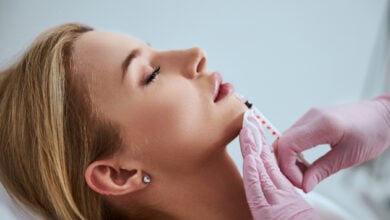Medical Tourism in Istanbul
Istanbul brings together quality, access, and value for healthcare. Modern, accredited hospitals and experienced teams pair with easy flights, clear prices, and helpful international patient desks. You get fast scheduling, simple paperwork, and a welcoming city that makes recovery feel easier.
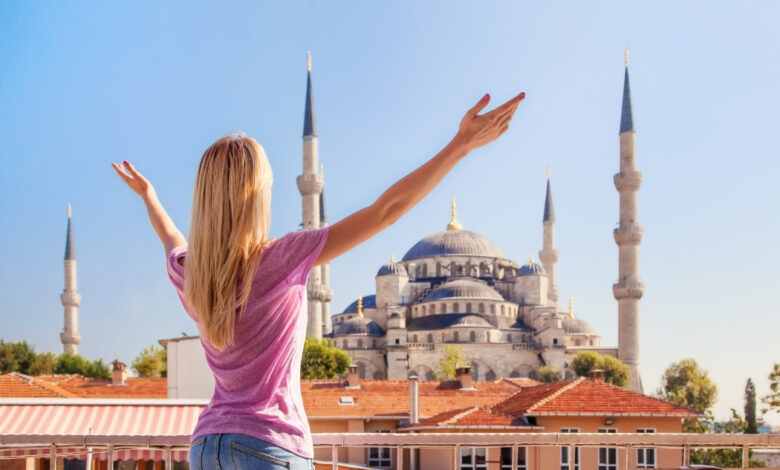
Istanbul brings together three things travelers want for healthcare: quality, access, and value. Big hospitals and specialty clinics work at scale, the city is easy to reach from almost anywhere, and international patient services make the journey simpler. Medical tourism in Istanbul is becoming one of the leading sectors in Turkey. Add clear pricing and a city built for hospitality, and you have a practical, human choice for treatment and recovery.
Why Istanbul Leads
Scale and experience
Istanbul sits inside a national system that welcomes large numbers of international health visitors. Türkiye recorded 1,506,442 international health visitors in 2024, generating roughly $3.02 billion in health-tourism revenue. In Q2 2025 alone, there were 733,798 health visitors and $1.39 billion in revenue. Big numbers mean practiced teams, smoother pathways, and faster scheduling for incoming patients. MEdical tourism in Istanbul is one of the biggest sectors in Turkey.

Easy global access
Istanbul Airport (IST) handled 80.71 million passengers in 2024, with tens of millions on international itineraries. Strong air links reduce connections and stress, which matters when you are planning exams, surgery days, and follow-up visits. This amazingly easy connection network make medical tourism in Istanbul even more favorable.
Quality you can verify
Many Istanbul hospitals and centers pursue international accreditation. You can check current status by name in the Joint Commission International directory. Accreditation does not promise an outcome, but it signals consistent systems for safety and quality.
Official support and clear info
Türkiye runs an official portal for international patients with planning tools and a 24/7 International Patient Assistance line. This adds another layer of help alongside your clinic—useful for language questions, navigating records, or pointing you to the right unit.
What People Come For
Istanbul’s medical ecosystem is broad. High-volume programs cover:
- Dental care (implants, crowns/veneers, full-mouth rehab)
- Hair restoration (FUE/FUT, medical therapy planning)
- Cosmetic & reconstructive surgery
- Weight-loss (bariatric) surgery with structured follow-up
- Fertility care & IVF
- Eye care (LASIK/PRK/SMILE, cataracts with premium IOLs)
- Orthopedics and sports medicine
- Oncology pathways and advanced imaging
Hospitals coordinate across departments—surgery, anesthesia, ICU backup, pharmacy—while outpatient centers focus on fast, well-defined pathways for day-case care.
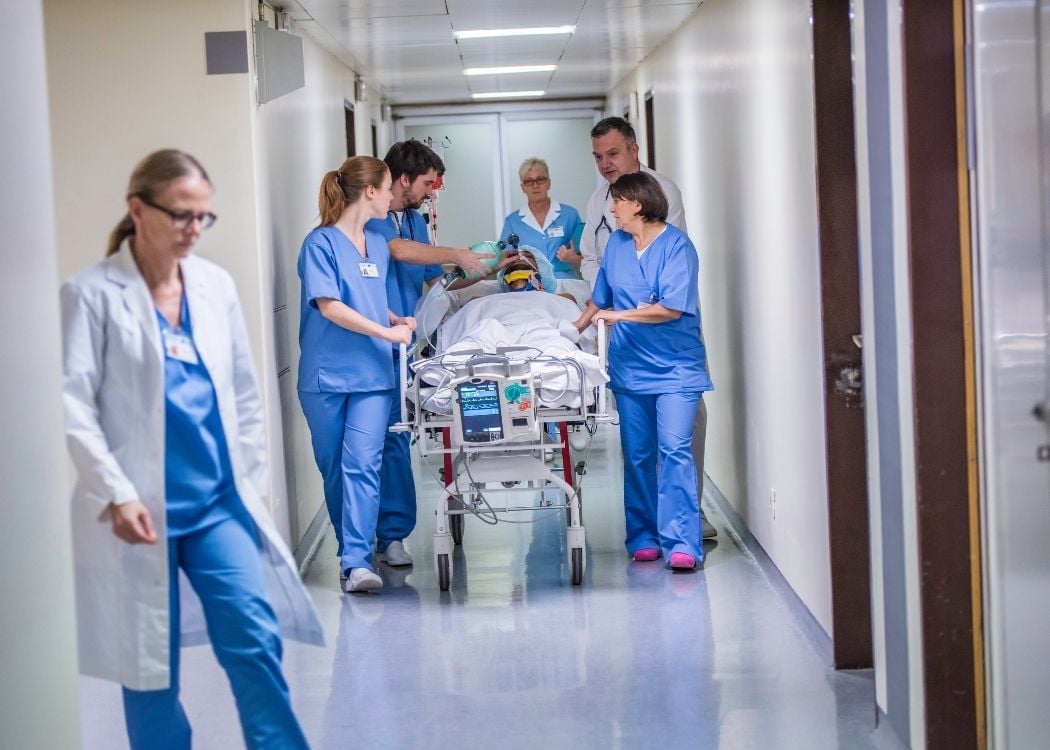
How Care Is Organized
Licensed facilities, international desks
Private hospitals, university hospitals, and licensed outpatient centers handle most international cases. Large providers maintain international patient desks with coordinators and interpreters who help with quotes, transfers, and follow-up. The system encourages clear consent, written plans, and transparent billing.
Records and language
Expect digital files and English documentation on request. Before you leave, ask for a discharge letter, medicine list, and links to imaging. For complex work, clinics often schedule a tele-visit to check on you once you’re home.
How Many Days to Plan (Quick Guide)
Every case is different, but these simple ranges help most travelers estimate time on the ground. Add one buffer day if you can.
1–2 days
- Check-up, cleaning, whitening
- Simple fillings or a single inlay/onlay
- Emergency pain care or a single root canal
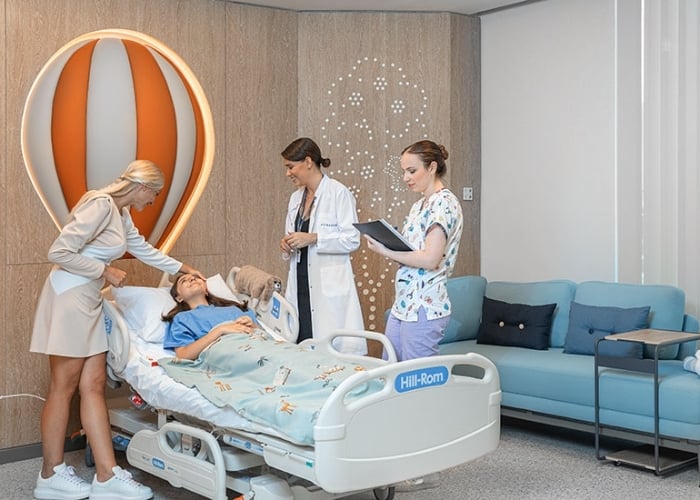
3–5 days
- 2–6 veneers or crowns (same arch)
- Multiple root canals + restorations spread over calm sessions
- Minor gum procedures with a rest day in between
- Laser eye surgery (LASIK/PRK/SMILE) with next-day check
5–7 days
- Smile makeovers with 8–20 units (design, provisionals, try-ins, final fit)
- Orthopedic or ENT day procedures with extra observation and physio briefings
Two-trip plans
- Implants & full-arch dentistry: Trip 1 (2–3 days) for surgery and a control; healing at home; Trip 2 (3–5 days) for final teeth.
- Bariatric surgery: 5–7 days for surgery, early recovery, and education; remote nutrition follow-up after you fly home.
- IVF: timing depends on protocols; clinics build calendars around your cycle and travel windows.
What to Do Between Appointments (Gentle & Joyful)
Low-effort classics
- Bosphorus cruise: window seat, tea, and photos—minimal walking.
- Short golden-hour walks: Gülhane Park, Bebek shore, Kadıköy promenade—benches everywhere.
- One-gallery museum visits: choose a single exhibit, then rest at a café.
- Elevator viewpoints: wide views with little effort.
- Ferries between Europe and Asia: 20–30 minutes of calm air and sea light.
Food that’s kind to recovery
Simple options are everywhere: clear soups, grilled fish, steamed vegetables, rice pilaf, yogurt. If you had dental or throat procedures, ask for soft, not-spicy meals and avoid seeds or very hot drinks until your doctor says okay.
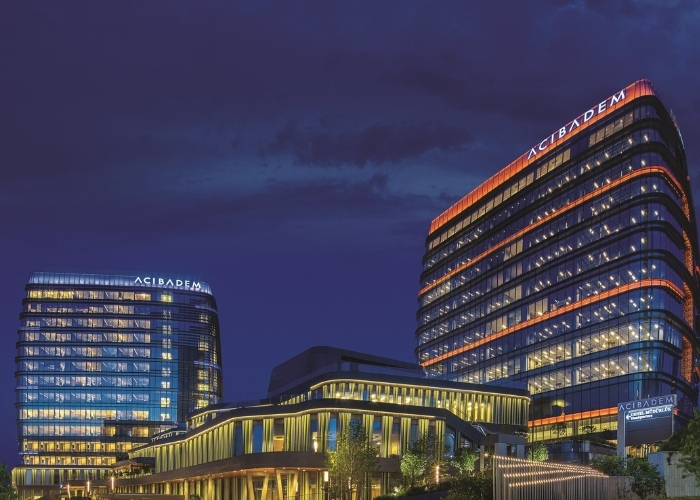
Money & Insurance (Practical Bits)
Medical tourism in Istanbul is supported by the strong insurance coverages and great pricing. Some hospitals can bill global insurers directly if they receive a letter of guarantee, but many visitors pay by card at the time of service and claim later. Standard travel insurance usually does not cover planned procedures; it focuses on unexpected illness or injury. If you want coverage for complications after planned treatment, consider a specialized policy and buy it before your procedure. Keep itemized invoices (fatura) and medical reports for claims.
Safety First: A Quick Checklist
- Verify the facility (licensed hospital or outpatient center). If applicable, check accreditation in a public directory.
- Ask for a named doctor and their specialty; confirm case volume for your procedure.
- Get a written plan with inclusions/exclusions, anesthesia plan, extra-night fees, and a clear aftercare schedule.
- Know who does what (for hair surgery and similar)—doctor-led steps should be clear.
- Keep records: discharge letter, medication list, imaging links, and product/device labels where relevant.
How Istanbul Makes It Easier
International patient desks
Coordinators help with quotes, appointments, transfers, interpreting, and letters for insurers. Expect WhatsApp or email follow-ups and quick answers to travel questions.

Official helpline
Beyond your clinic, the International Patient Assistance Unit offers 24/7 support for language and navigation in Türkiye’s health system—handy if you need help outside clinic hours.
One-Minute Planning Guide
- Step 1: Shortlist two or three Istanbul hospitals/centers that do your procedure weekly.
- Step 2: Ask for a written quote and timeline (plus what happens if plans change).
- Step 3: Book a hotel close to your clinic for Days 1–3; arrange transfers for surgery day.
- Step 4: Keep activities gentle—cruise, park, café—no long walking in the first days.
- Step 5: Before flying home, collect records and confirm tele-follow-ups.
Bottom Line
Istanbul earns its role at the center of medical tourism by doing the basics right at scale: experienced teams, modern facilities, easy flights, and systems that welcome international patients. If you want serious care that fits real life, plan a calm week, ask for everything in writing, keep your days light, and let the city help you heal well.
This post shares general information and is not medical advice. Always confirm details with your doctor and chosen hospital/clinic.
References
- USHAŞ (Türkiye’s International Health Services): “Health Tourism Data” — 2024 totals; 2025 Q2 visitors and revenue.
- iGA Istanbul Airport (official): Corporate statistics — 2024 total passengers (80.71 million).
- Joint Commission International: Public directory to verify current accreditation status of hospitals/centers.
- HealthTürkiye (official portal for international patients): About & services; planning tools and support ecosystem.
- Ministry of Health — Health Tourism Department: International Patient Assistance Unit (24/7 line).
- Hürriyet Daily News (2025): Sector outlook and revenue targets for 2025, context on growth.


